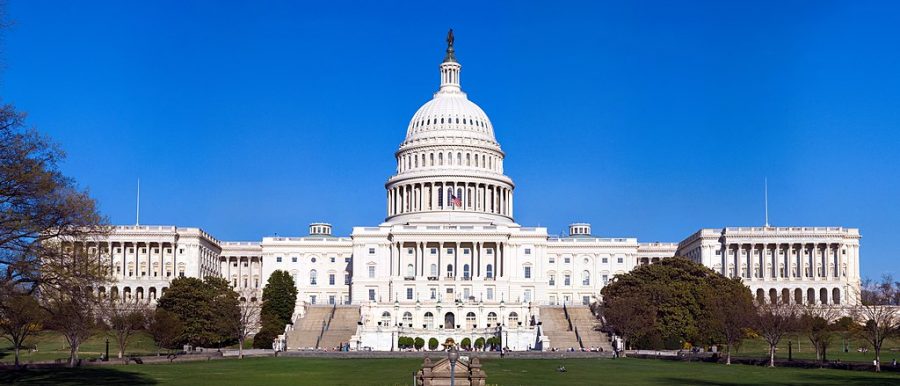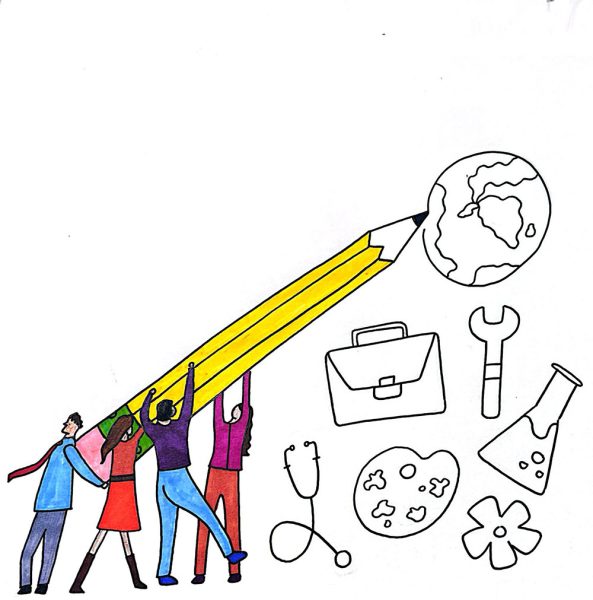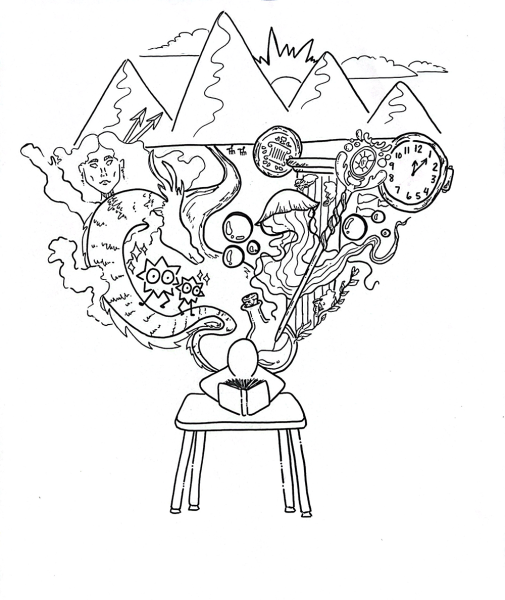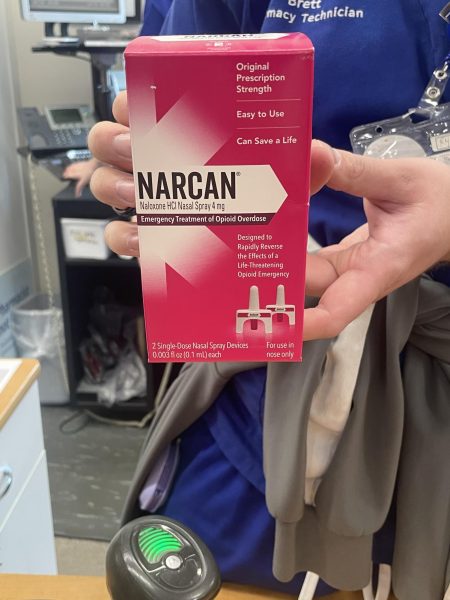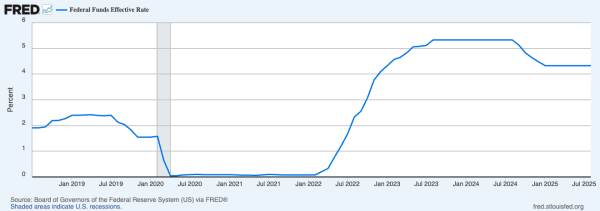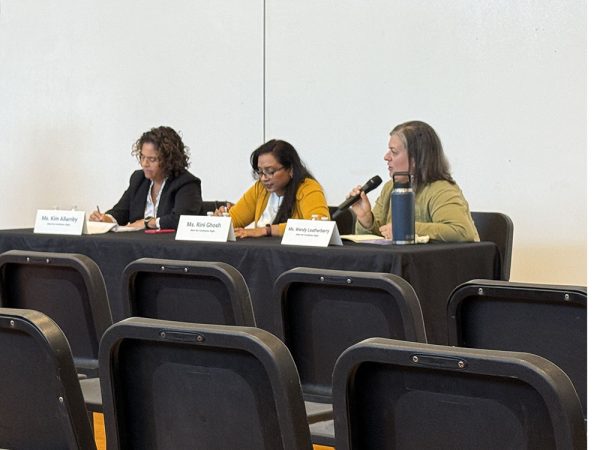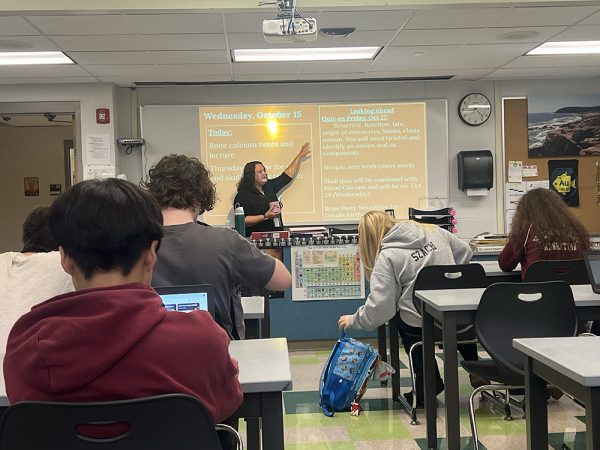Don’t Let Congress Be the Cause of Our Regression
A close look at an institution in desperate need of reform
“We badly need to prevent gerrymandering during the redistricting process by taking this power away from politicians. We elect them, not the other way around.”
It’s no secret that Congress is broken, but we’ve known this for a while. So why hasn’t it been fixed? Part of this is because of corruption, but also because we don’t care enough to make fixing Congress a priority when voting.
Let’s go over some ideas for fixing it.
A big part of the unfairness of Congress is in the House of Representatives. Each state is granted a certain number of representatives based on the Census count of their population. Typically, state lawmakers divide up these representatives among districts, which they draw on their own. Since the mapmakers are politicians, the maps are frequently drawn for unfair partisan gain in a practice known as gerrymandering.
These manipulated maps look horrible, and they also make no sense. For example, Beachwood is in OH-11, formerly represented by Marcia Fudge, Biden’s appointee for Secretary of Housing and Urban Development. But her district — our district — is designed to pack together people from the Cleveland and Akron areas to ensure that the heavily-Democratic district only elects one representative.
According to a 2018 lawsuit aimed at overturning the biased map, OH-11 looks like “a detached shoulder blade with a robotic arm that reaches out from a shoulder of Cleveland into Akron.” This makes it clear that the government is choosing the voters, and that is not how representative democracy is supposed to work.
Although a fair district may not be a perfect square, it would at least not carve out specific voters for partisan gain. This balancing can be seen in an article about a fairer Ohio map, which makes more sense even just when looking at the picture, and it only seems better when analyzing it. Despite Ohio’s plan to use a more bipartisan process for the next round of redistricting, it is still in the hands of the majority party. We badly need to prevent gerrymandering during the redistricting process by taking this power away from politicians. We elect them, not the other way around.
The cap on House seats is also unfair. California has the largest population and it has the most representatives, but it is not an equitable number. It has 39,512,223 people by the latest Census Bureau estimate. This means that each representative is responsible for the will of over 745,000 people.
By contrast, Liz Cheney, the sole Wyomingite in the House, represents fewer than 600,000 people. By the Wyoming Rule (a proposal to divide the US population by that of Wyoming to find the number of representatives, then allocate them to states proportionally) California would have 66 representatives (using data from the 2010 Census). This would also only require an Act of Congress, as the cap on representatives is a law, not part of the constitution. Ohio would go up to 20 seats (from its current 16) using this data.
However, I’d be irresponsible to write only about the House when there is more inequality in the Senate. Some may argue that the current system is more equal because each state gets two senators. This argument is baseless because senators are elected to represent people, not land. More than one out of every 300,000 Wyomingites is a senator. For a body made up of only 100 Americans, this is an unbelievably high ratio.
Eric W. Orts wrote an interesting piece for The Atlantic in which he argues the need for making the Senate more equitable by giving each state one senator and splitting the rest of the seats up by population. This plan would make the Senate a 110-member body because each state would be entitled to a senator, though 26 states would just have that one. There is also a complete lack of representation for D.C. and all territories, which, as Orts points out, could be easier to remedy in a larger body where polarization would be tempered.
Orts goes on to explain the guarantee of equal representation in the Senate in Article V of the Constitution. He argues that it only applies to amendments because that is the subject of Article V. In a preemptive rebuttal, he also writes that, by agreeing to other equality amendments, the states have given their consent to this voting equality as well.
Even if this plan was to send the founders spinning in their graves at the thought of leveling the playing field, I don’t care. We shouldn’t be taking advice on equality from men who owned slaves. I agree with Orts’ plan because it is a comprehensive solution to the anti-democratic Senate as it currently exists.
Lobbying and other financial influences corrupt our democracy too. Campaign finance is a big concern because the current system allows those who are supposed to work for us to be influenced by others.
Overturning Citizens United would go a long way toward making our government work for us and not the powerful. Corporations are not people. They shouldn’t get to have all the protections guaranteed to us while having none of our responsibilities.
A solution to lobbying that gets thrown around a lot is “closing the revolving door.” While it would certainly help to ban former legislators from becoming lobbyists, lobbying would still be broadly legal. Any system that puts profits over people is an inherently unjust one. No one should be able to bribe a politician, but that’s exactly what lobbying makes legal. Put another way: The latest restrictions on lobbying increase transparency, but they still run against the letter of the law, or at the very least its spirit.
If one wants an example of lobbying in action, they need look no further than Thom Tillis, who is the largest recipient of tobacco money in the Senate and votes in Big Tobacco interests. Since their contributions create an obvious conflict of interest, he should not be permitted to vote on these issues. But because this is not an isolated incident, lobbying must be prohibited. Otherwise, how are we to have representatives (and senators) who represent us and not the highest bidder?
Another way to make Congress better would be to require every eligible voter to vote. Mandatory voting sounds undemocratic, but it would make our democracy about as democratic as possible with one legislative action.
When people don’t vote, the elected officials only represent those who voted, or who were able to access the ballot. If we had more people voting, our government would be more representative. In Australia, compulsory voting rocketed voter turnout to the mid-90% range since it was implemented nearly a century ago.
This seems incredible compared to the US, where our recent 66% voter participation was a big feat. Here, people are often unable to fulfill their duty or claim their right to vote for several reasons; employer retaliation, lack of access to transportation, and lack of identification are but a few.
However, under a mandatory voting system, employers cannot punish voters for voting because the employee is doing their duty under the law, and the government would be obligated to make available to voters the resources they need to vote. This is key, because voting is not just a right — it is a duty. With turnout above 90% every year, we’d finally have a government that represents the will of the people.
There are some religious exemptions that would certainly be allowed, because some religions — including Jehovah’s Witnesses — hold the belief that one should abstain from voting. But that would be worked into the plan because of First Amendment concerns. A compulsory voting system would change the culture of voting and would make our “democracy” more of a democracy.
There are more ideas than what I’ve laid out. These are just some of the concepts I like. But I don’t really care how we fix Congress. I just want it fixed.
Many Beachwood students will be voting in the special election to fill the House seat Marcia Fudge left to become Secretary of Housing and Urban Development as well as the upcoming election to replace Rob Portman, and we have two chances here to help. We have a say now.



